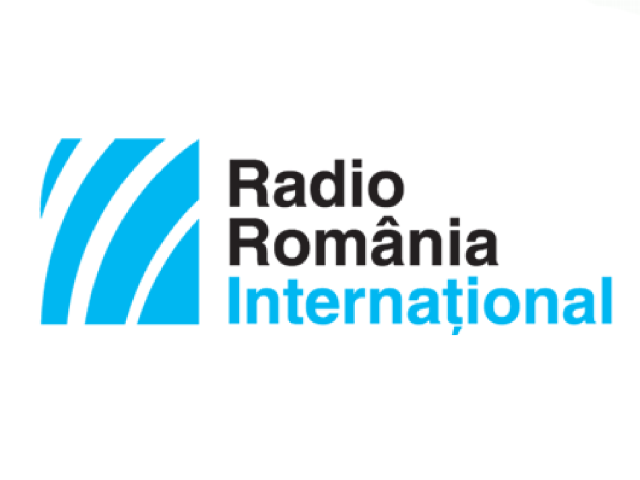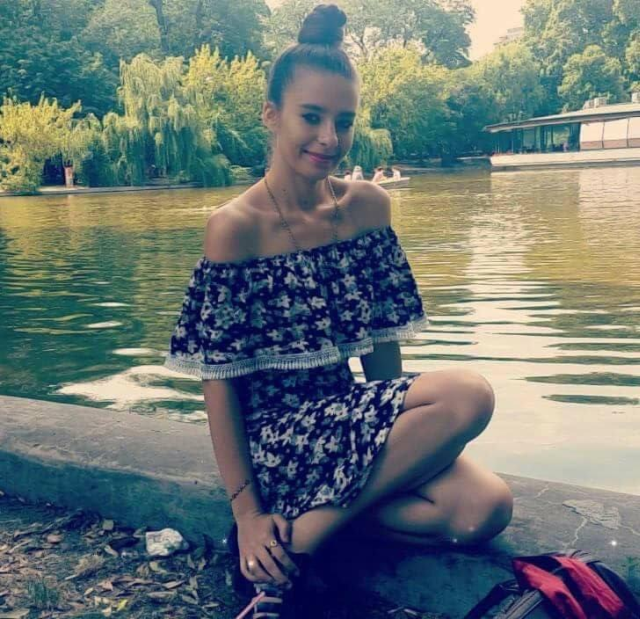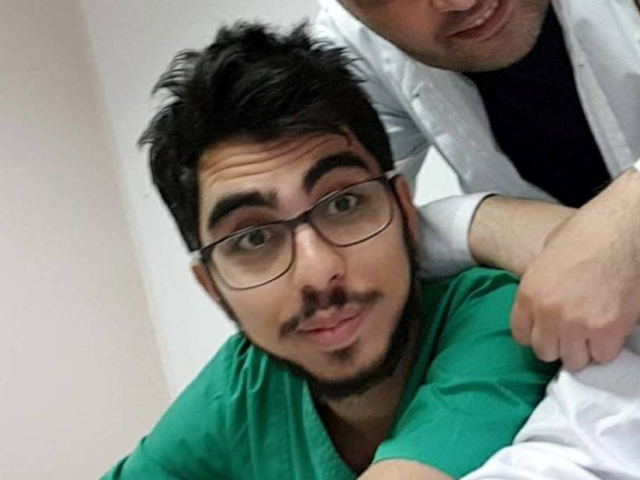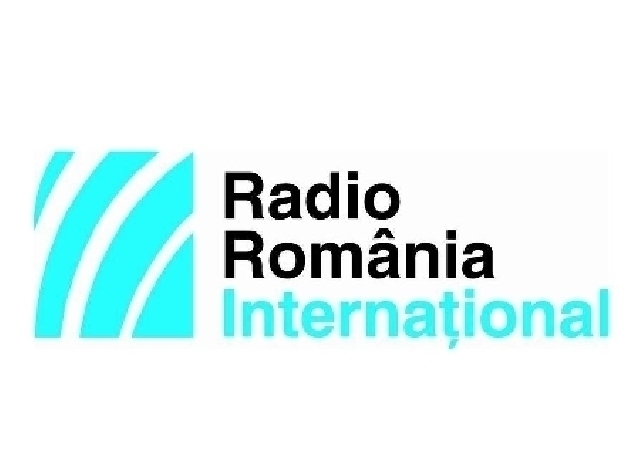Kristina Piškur of Slovenia
Kristina Piškur studied political sciences. She is 28 and is from Ljubljana, Slovenia. And when she came to Romania she did not know much about this country: “I came to Bucharest in September 2015. I worked with an NGO that was performing clinic animation in hospitals and was involved in activities with children. I shared an apartment in Bucharest with several volunteers. It was an international team with whom I worked for one year. In that period of time, I met with Romanians who were a great inspiration for me in relation to youth work. I understood what ‘youth work meant and I wanted to discover more about this domain. Then I was presented with the opportunity of moving to a rural area, where I am now living. I like it very much. I felt accepted right away, people were very welcoming and so I decided to stay. I was also curious to see how I can integrate into a totally new community.
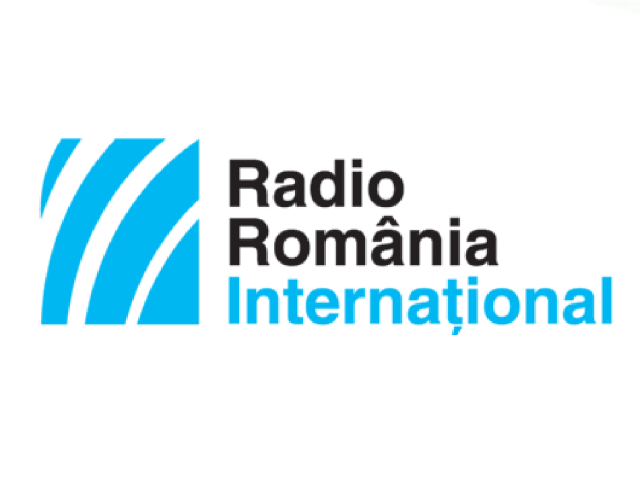
Luana Pleşea, 04.01.2018, 13:19
Kristina Piškur studied political sciences. She is 28 and is from Ljubljana, Slovenia. And when she came to Romania she did not know much about this country: “I came to Bucharest in September 2015. I worked with an NGO that was performing clinic animation in hospitals and was involved in activities with children. I shared an apartment in Bucharest with several volunteers. It was an international team with whom I worked for one year. In that period of time, I met with Romanians who were a great inspiration for me in relation to youth work. I understood what ‘youth work meant and I wanted to discover more about this domain. Then I was presented with the opportunity of moving to a rural area, where I am now living. I like it very much. I felt accepted right away, people were very welcoming and so I decided to stay. I was also curious to see how I can integrate into a totally new community.
After the experience of almost two and a half years in Romania, Kristina Piškur intends to stay here for a longer period of time. She is convinced that, in a society, change starts at local level. That is why, in her capacity as a youth worker, she teaches young people to have a critical mind and get involved in civic activities: “I like many things here in Romania and I can see that there is still a lot to be done. Slovenia and Romania have many things in common, the experience in Romania is quite similar to that I had back home. When I say that there is still a lot to be done in Romania, Im referring to a change in mentality. I can no longer put up with hearing people complaining that there is nothing more to be done in Romania, that they lost all hope. Actually, this means that the country needs a more powerful civil society. And here comes in youth work. Civil society is formed through education, through direct action, which is already happening, but this action must be further developed.
The purpose of the Curba de Cultura Association, for which Kristina Piškur works, is to help rural areas in Romania develop. Through the projects they run, they intend to make it easier for young people to cope with difficulties, to help them in the learning process and to increase the opportunities offered to those who need to make a change and have a better life in the rural area they are living in.
Kristina Piškur: “We are working in this rural area with 9 foreign volunteers who come from different European countries. These people are involved in informal education activities with the local schools. They attend the English or French classes, providing their knowledge as native speakers. Besides making classes more dynamic, the volunteers involvement helps children and young people open their minds. For instance they meet an Italian who is vegetarian for the first time, they understand what being vegan means, why vegans dont eat meat and milk. They have a strong inter-cultural experience. In January, I hope to be able to start a project, which intends to bring together young people from the locality and members of the Local Council, for them to have a structured dialogue.

